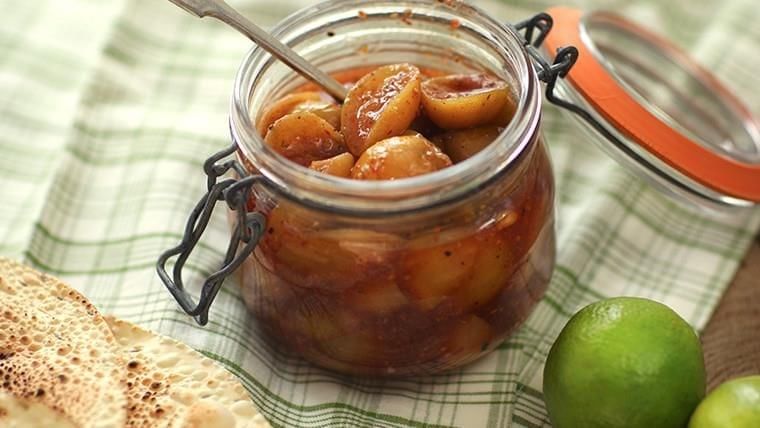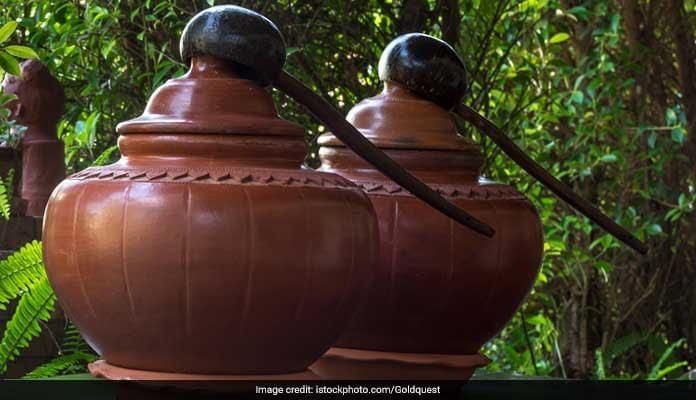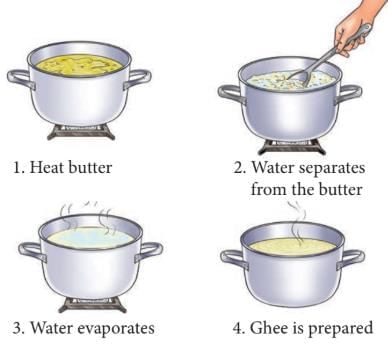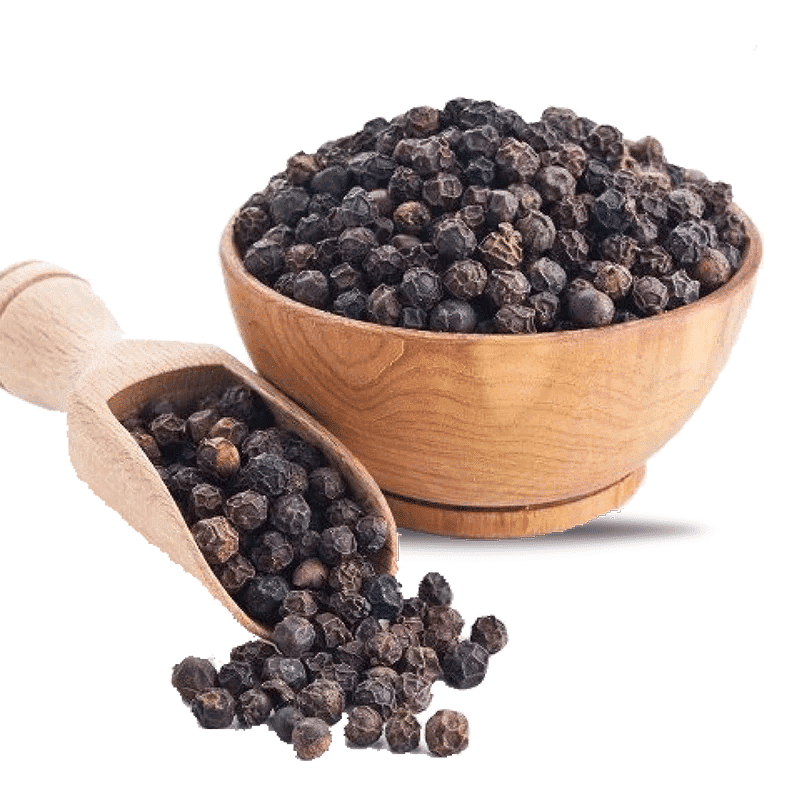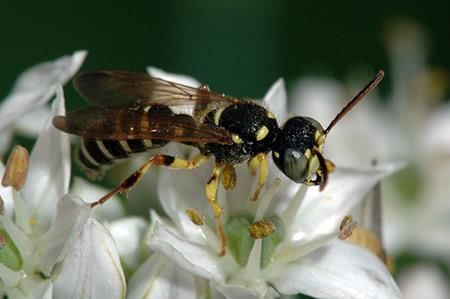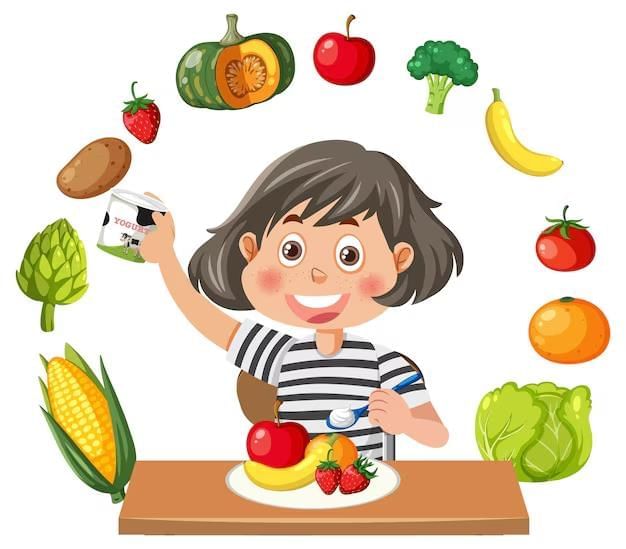The Mystery of Food Chapter Notes | Our Wondrous World Class 5 - New NCERT PDF Download
| Table of contents |

|
| Food Spoilage |

|
| My Food, My Pride |

|
| Chew Right! |

|
| Teeth and Chewing |

|
| Oral Hygiene |

|
| The Danger of Choking |

|
| Food in Our Body |

|
This chapter follows her adventure, learning how food changes, how we preserve it, and how it helps our bodies stay healthy. Let’s join Disha and her notebook to crack these tasty cases!
Food Spoilage
Disha’s forgotten tiffin box sparks a mystery about why food goes bad. Let’s follow her clues to find out!
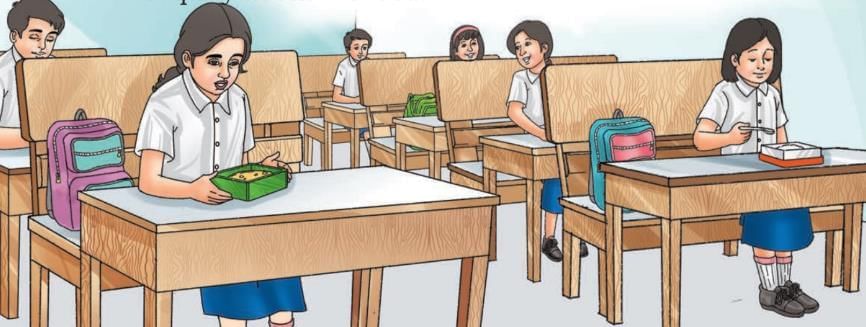
The Forgotten Tiffin Box
- It was a sunny Monday, and Disha found her lunch box, which she had forgotten in school last Friday.
- There was uttapam left in it, which was one of her favourite foods.
- When she opened it, there was a bad smell and coloured patches (mould) on the uttapam.
- Detective Disha was now eager to find out what caused the patches and smell.
Mystery #1: What Made My Uttapam Spoil?
- Disha asked her Anna (elder brother in Tamil) about the coloured patches on food.
- Her brother told her that it is mould.
- Mould is made by tiny living things called microbes.
- Microbes are so small that you need a microscope to see them.
- These microbes live everywhere: in soil, water, air, plants, animals, and inside us.
Some microbes spoil food, while others help make food like curd and help in digestion.
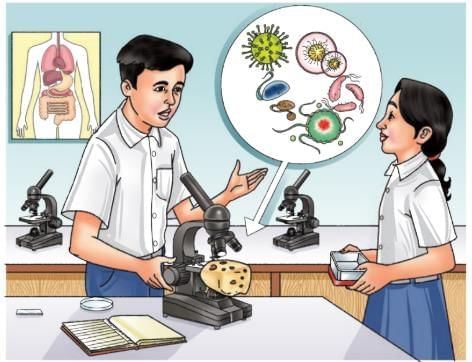
Finding #1
- Microbes are found all around us—in soil, water, air, plants, animals, and inside us.
Mystery #2: Why Do Some Foods Spoil Faster?
- In the afternoon, Disha noticed that the slice of bread she left for the cat two days ago had patches.
- But the pickles her Paati (grandmother in Tamil) had made with oil were still tasty.
- She was confused and went to her Anna again.
- Anna told her that microbes need moisture (water), air, and proper temperature to grow.
- Some foods spoil quickly because these conditions are met (e.g., bread left outside).
- Some foods last longer because they are stored without air or moisture (e.g., pickles with oil)

Finding #2
- Keeping air and water away from food stops microbes from growing and spoiling the food.
Food Preservation
Disha wants to know how to stop food from spoiling. Let’s see what she learns at home!
Mystery #3: How Do We Save Our Food from Spoilage?
- Disha looked around her house for ways to keep food fresh.
- Her family used different methods to stop microbes from spoiling food.
Let Us Observe: Drying and Dehydration
- Disha saw Amma and Appa drying chillies in the sun on the balcony.
- Amma told her that drying removes water from food, so microbes cannot grow.
- This way it will last longer.
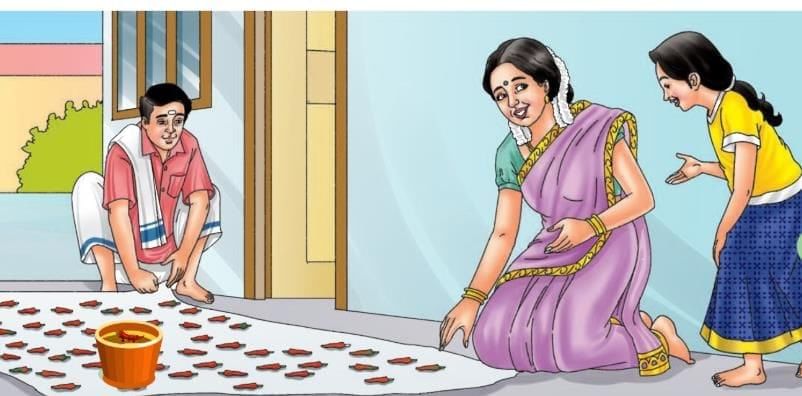
Finding #3
Drying food in the sun removes moisture and stops microbes from spoiling it.
Let Us Observe: Pickling and Oiling
- Paati poured mustard oil into a jar of pickled green mangoes.
- Oil stops air from reaching the pickles, keeping them safe.
- This prevents microbes from growing and spoiling the food.
Finding #4
- Oil keeps air out and stops microbes from spoiling food.
Do You Know?
Pickling is a traditional method practised worldwide to preserve foods like cucumbers, lemons, and mangoes.
Let Us Observe: Refrigeration and Freezing
- Disha saw milk, vegetables, butter, and cake stored in the fridge.
- Appa said fridges make it too cold for microbes to grow fast.
Finding #5
Cold temperatures slow down microbes and help keep food fresh.
Do You Know?
Clay pots (matkas) naturally keep water cool without electricity.
Butter needs refrigeration because it has water, but ghee does not because it is made by removing water from butter.
Finding #6
Various methods like salt, sugar, spices, drying, oiling, refrigeration, and airtight packaging help preserve food.
Do You Know?
Black pepper was so valuable that Vasco da Gama traveled far to India to get it.
- Anna told Disha that airtight packaging by factories is done to keep microbes away from food.
Do You Know?
Some insects, like solitary wasps, preserve food for their babies even before humans used preservation methods.
How Are Idlis Made?
Disha loves idlis and wants to learn how they’re made. Let’s follow her discoveries!
- Disha watched her Amma make idlis with fluffy batter.
Microbes help the idli batter rise and make idlis soft and fluffy.
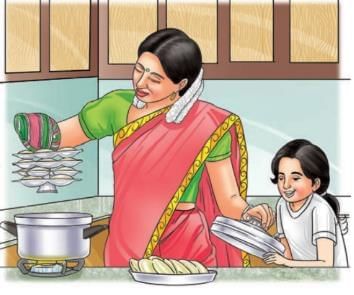
Finding #7
- Good microbes help the idli batter rise and make the idlis soft.
Indigestion and Home Remedies
- Aditya Anna had an upset stomach after eating fair food.
- Eating bad or spoiled food can cause indigestion.
- Curd and buttermilk contain good microbes that help digestion.
- Severe indigestion should be treated by a doctor.
Finding #8
Bad eating habits cause indigestion, but good microbes in curd help in digestion.
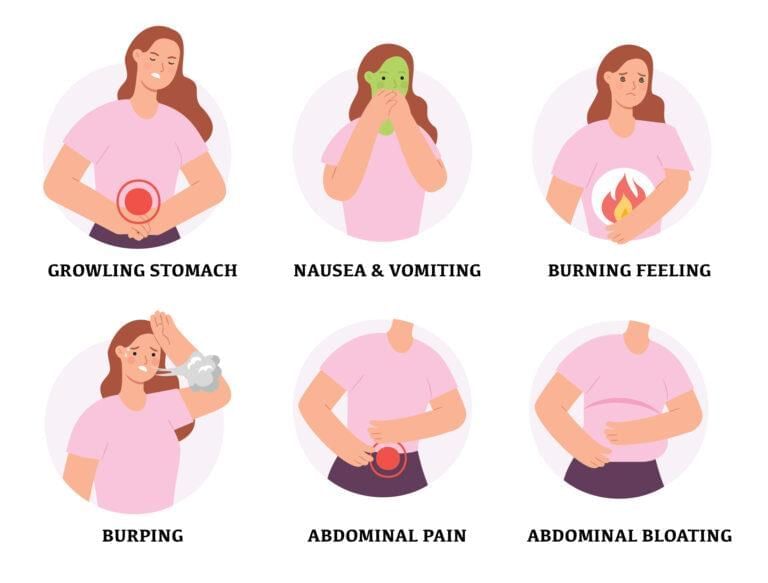 Symptoms of Indigestion
Symptoms of Indigestion
My Food, My Pride
Disha learns that food connects to family traditions and joy. Shemade a diary on 'My Food, My Pride'. Let’s check her diary!
A Visit to the Vegetable Market
- Disha went with Thatha (grandfather) to the vegetable market for fresh fruits and veggies.
- Thatha carefully checked each fruit and vegetable before buying.

The Joy of Eating Seasonal Fruits
- It was a rainy day, and Appa brought lychees home, a seasonal fruit Disha loves.
- Appa likes mangoes more than lychees as mangoes grow locally and can be eaten fresh.
- Seasonal fruits like lychees and mangoes taste best when fresh.

Finding #9
Seasonal fruits and vegetables taste better and are more nutritious.
Chew Right!
Disha investigates what happens to food in her mouth. Let’s explore with her!
Investigation: What Happens to Food Inside Your Mouth?
- Disha looked in the mirror, opening her mouth to see what happens to food.
Teeth and Chewing
Disha learned from Anna that our teeth have special jobs for chewing food. Let's see what Anna said
- Anna said we have incisors to cut, canines to tear, premolars to crush, and molars to grind.
- Chewing well releases saliva, which helps digest food.
Different types of teeth have different roles:
Incisors cut food
Canines tear food
Premolars crush food
Molars grind food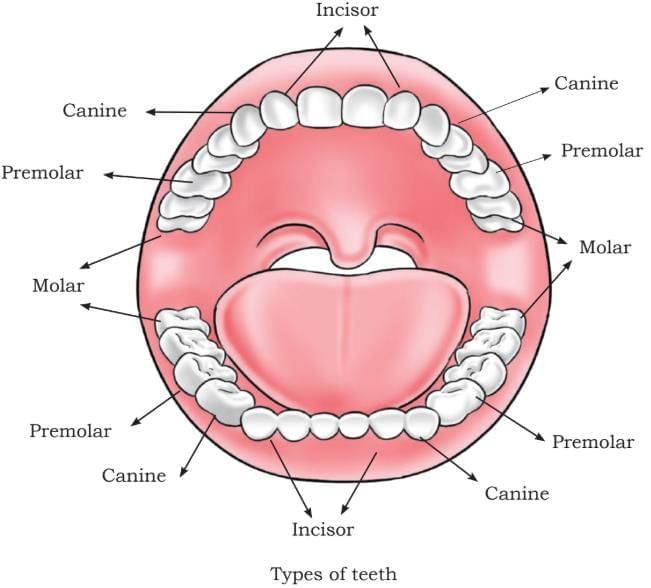
Finding #10
- Chewing properly breaks down food and releases saliva.
Finding #11
- Different teeth have different uses: cutting, tearing, crushing, and grinding.
- Each tooth type helps break food into tiny bits.
Oral Hygiene
Disha was having a toothache. She visited the dentist with her parents. Visiting a dentist is important when you have tooth problems. Let’s see her findings!
- Brushing teeth regularly, rinsing the mouth after eating, and eating fewer sweets keep teeth healthy.
Finding #12
- Taking care of teeth and visiting the dentist is important for oral health.

The Danger of Choking
Disha’s Amma warns her about eating too fast. Let’s learn why!
Finding #13
- Gulping food can make you choke, which is dangerous.
Chew food slowly and properly to avoid choking.
Food in Our Body
Disha solves the final food mystery about how food works in our bodies!
Final Discovery
- Some microbes spoil food, while others help make and digest food.
- The secret is to eat right, preserve food well, and chew properly.
Do You Know?
Eating well, taking care of food, and good hygiene help keep us healthy and strong.
|
11 videos|211 docs|10 tests
|
FAQs on The Mystery of Food Chapter Notes - Our Wondrous World Class 5 - New NCERT
| 1. What are the common signs of food spoilage? |  |
| 2. Why is oral hygiene important for overall health? |  |
| 3. How can choking be prevented while eating? |  |
| 4. How does food travel through our body after consumption? |  |
| 5. What role do teeth play in the digestive process? |  |

